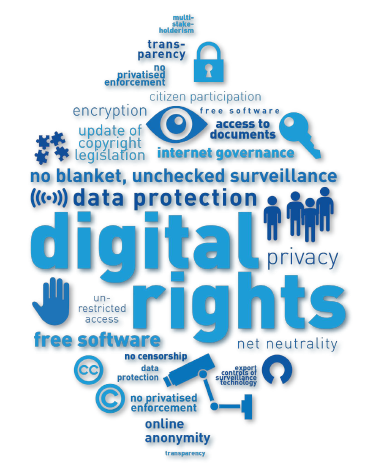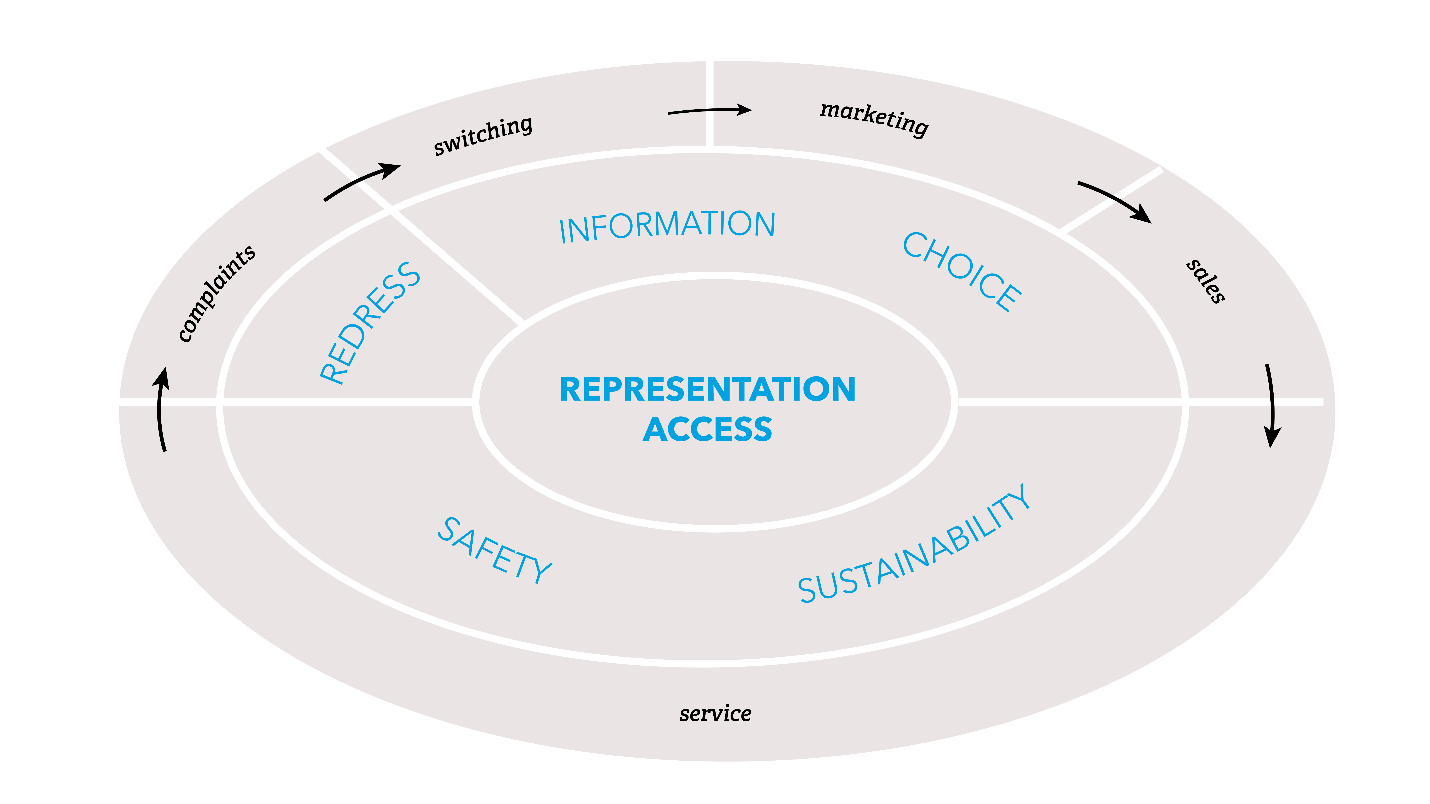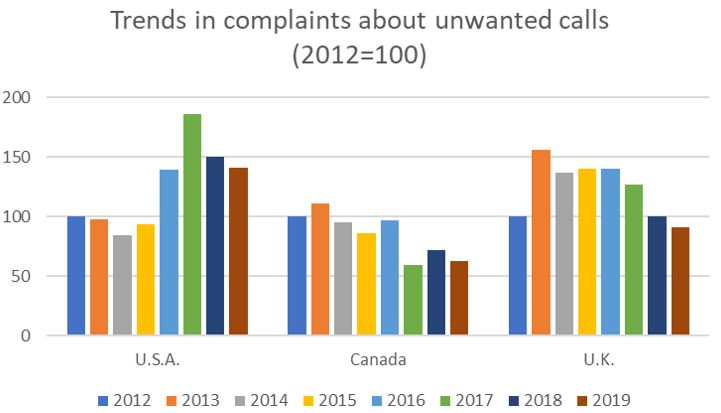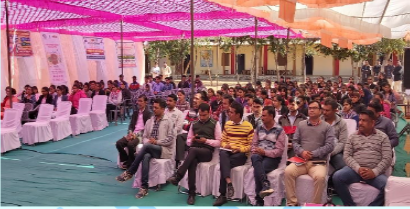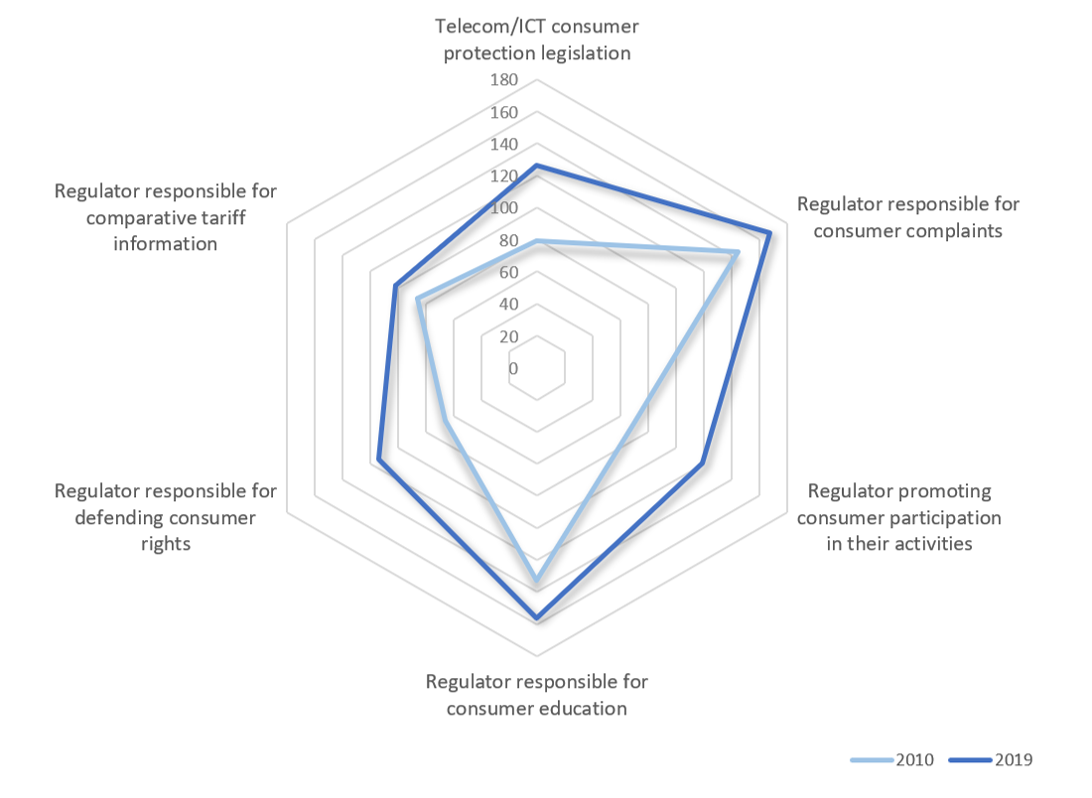
Consumer affairs
16.12.2020Introduction to digital consumer rights Why care about consumers? Digital transformation of the economy has many facets, including digitization of products themselves, of production processes, of the means of advertising and distributing products, of transacting to acquire them, and of course of communications. Consumers have important interests in each facet, but perhaps especially in communications and the content and other facilities accessed via communications networks and tools. This chapter covers regulatory issues related to consumer interests in connectivity, and outlines consumer issues related to digital content, transactions, advertising, and distribution. Empowering and protecting consumers has become a more important part…
Read »